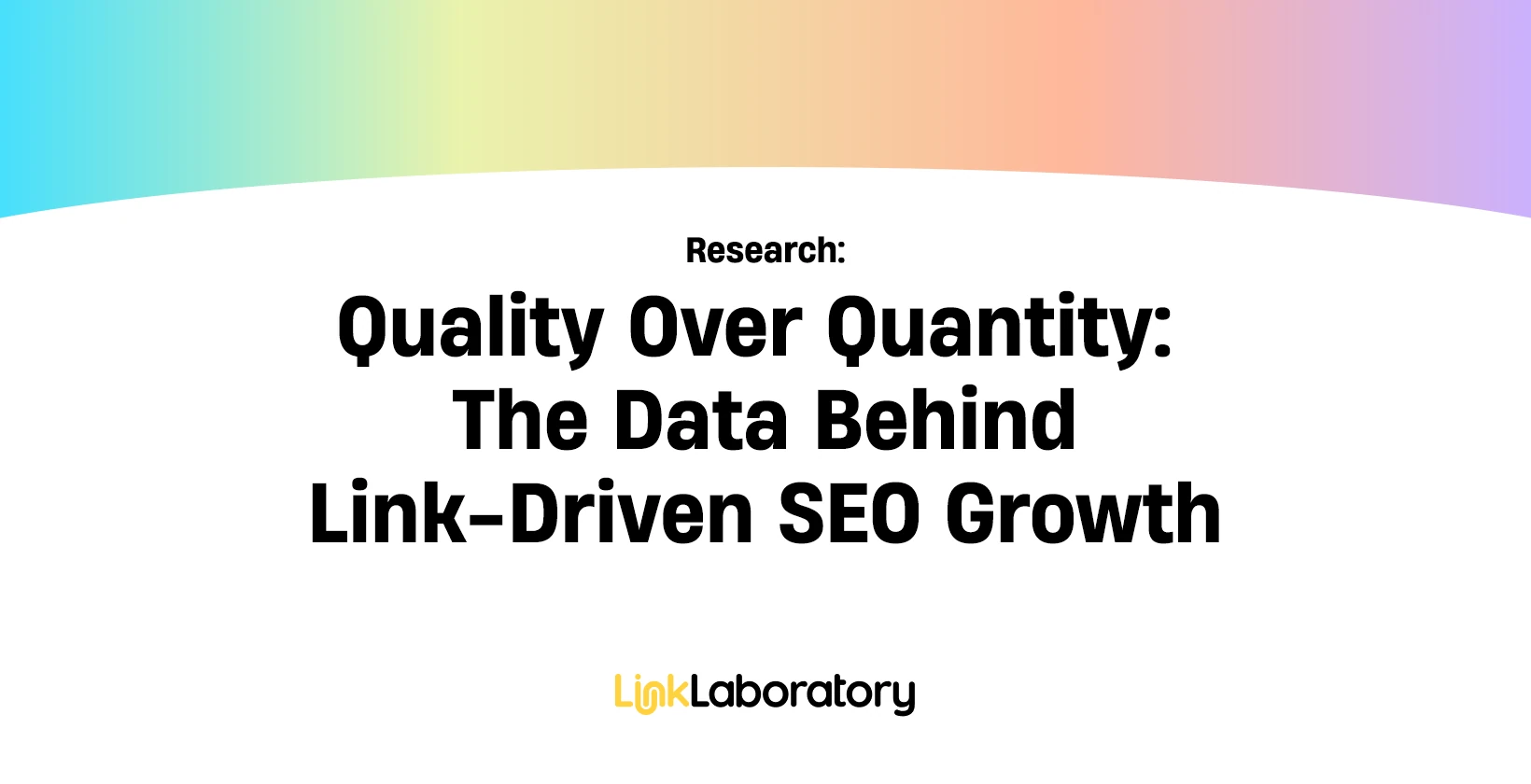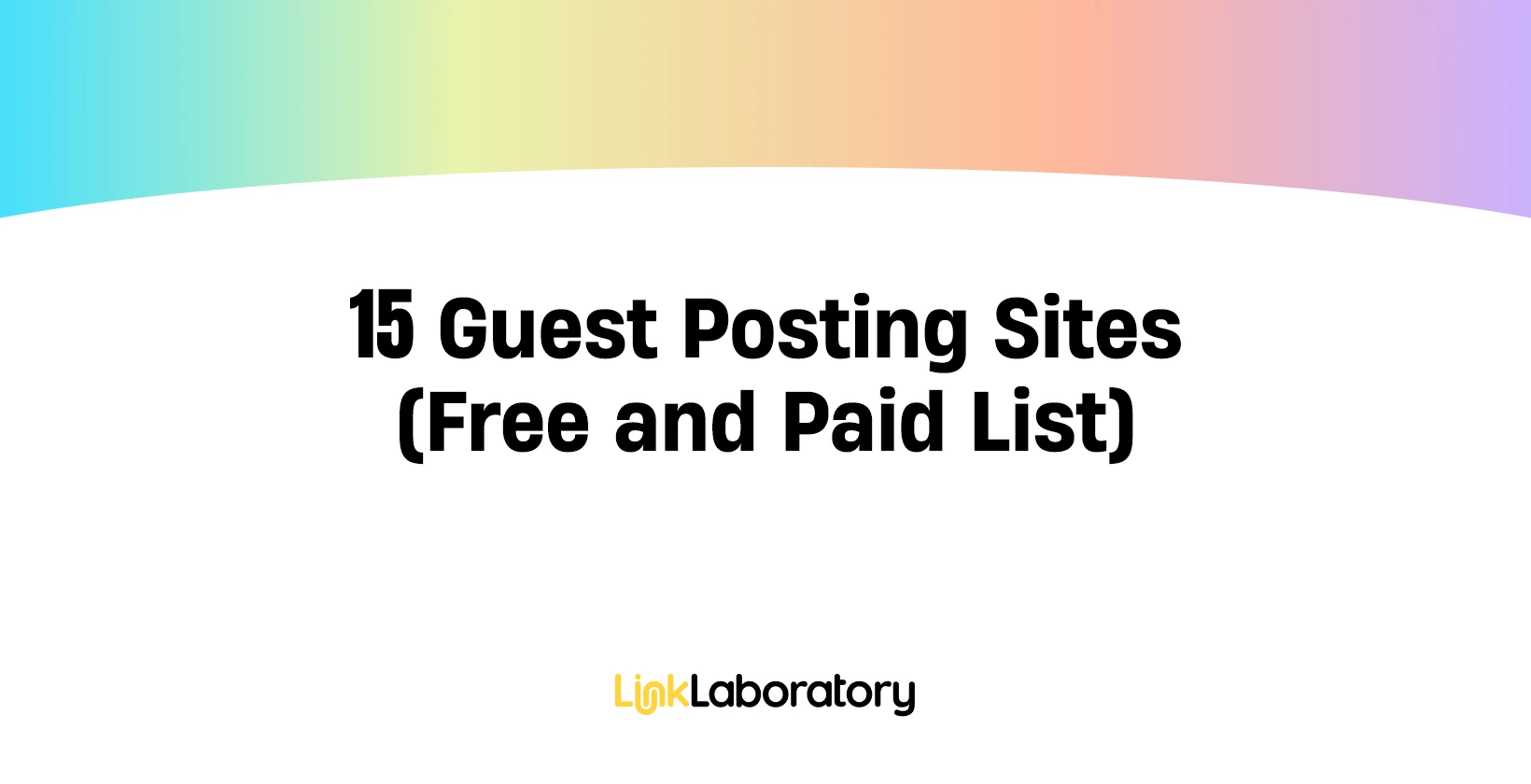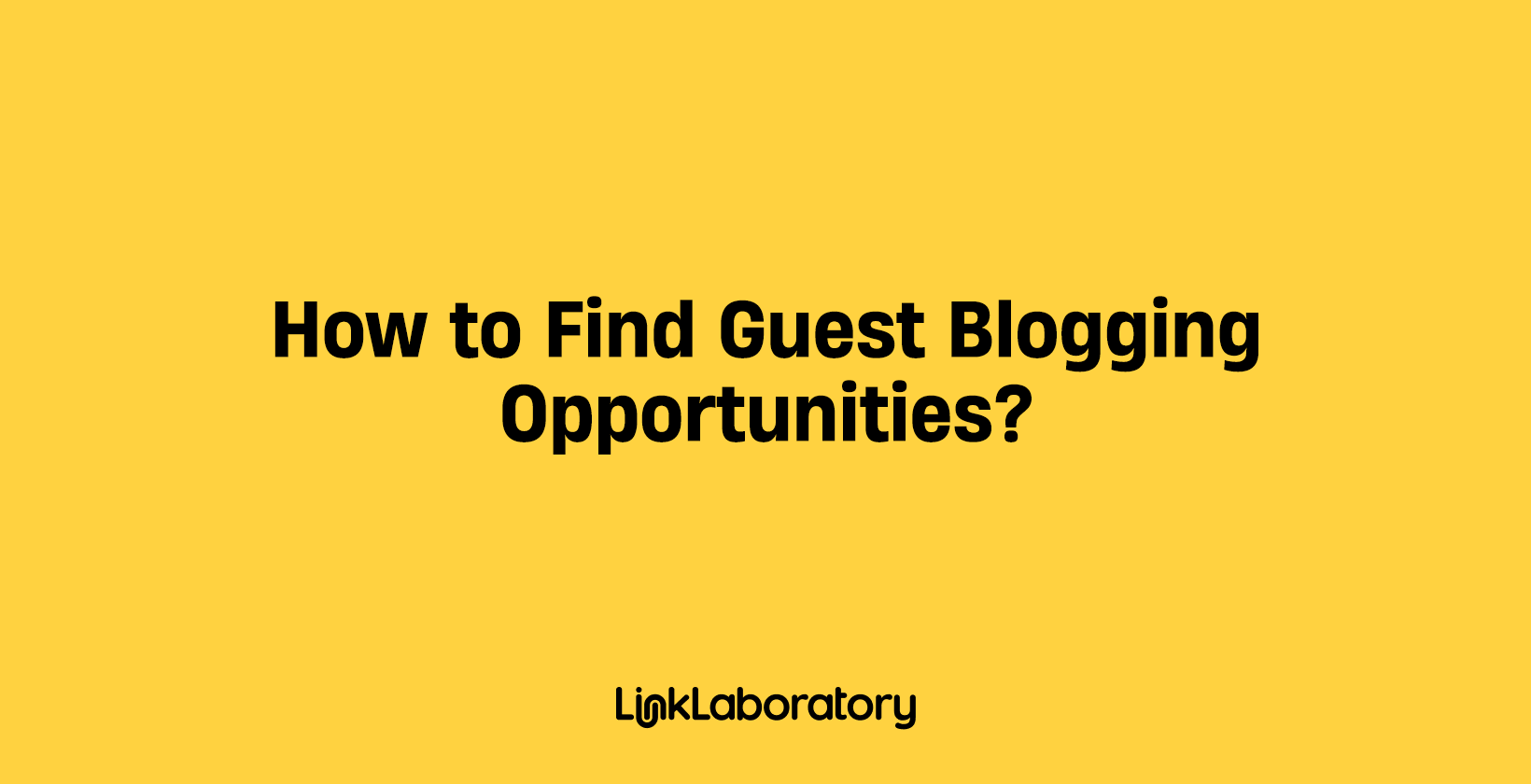– Link Laboratory
There is no question how much power Google wields over search–they control over 65% of the market, and their algorithms are the the ruling force behind domain rankings. All search experts know that ranking high in a Google search is important to company visibility. However, research into consumer psychology and online search habits displays a trend that emphasizes how truly necessary it’s becoming to secure the top ranking results.
CONSUMER BIAS FUELED BY GOOGLE RANKING
Research shows that the majority of users don’t scroll past the first handful of domains when they conduct a search. This means that not only do you need to make it to the first page, but you need to rank significantly high on it. According to a study published by the International Journal of Information Processing & Management, most search participants did not click on any results past the first 10 options, and 58% of users did not view any results at all past the first page (214,17). If you’re not high up on the first page of results, you’re missing out on more than half of your potential client base!
Additionally, studies show a strong consumer bias towards trusting those first few domains, no matter how relevant the content of the site actually is. This means that even if your website is a wealth of informative and relevant content, if a consumer finds it on the second page of their Google results, they are less likely to consider it authoritative. In a study published in The Journal of Computer-Mediated Communication, researchers using eye-tracking technology and behavioral responses discovered that users were more likely to rate irrelevant content as relevant simply because it was ranked in a higher position on Google:
“These subjects trust Google in that they click on abstracts in higher positions even when the abstracts are less relevant to the task. When looked at in combination, the behavioral data (clicked choices) and the ocular data indicate that while there might be some implicit awareness of the conflict between the displayed position and their own evaluation of the abstracts, it is either not enough, or not strong enough, to override the effects of displayed position.”
Google search has established itself as such a strong entity that even when participants were aware of their own biased tendencies, this self-awareness could not sway their behavior. In general, the “users’ tendency [is] to simply trust the ranked output displayed by a search engine and forego any in-depth analysis or comparisons of the retrieved results.”
THE FALSE RELIABILITY OF E-WORD OF MOUTH
Over the past decade, there has been increased research into the power of e-WOM (electronic word of mouth) and its influence on the e-consumer. Because e-WOM is independent from paid marketing, consumers inherently consider it “more believable and trustworthy than marketer-initiated messages” (Kozinets). Consumers consider it to be personal opinions, not paid advertising. The rise of searchable consumer e-WOM may, at first, appear as a way for consumers to bypass the influence of search ranking systems. Through e-WOM, experienced consumers assist each other by suggesting the domain that can service needs best – despite where the domain shows up on a Google search.
Yet despite the substantial influence of e-WOM on consumer decision-making, search engines still remain the mode by which consumers find information. Search platforms are capable of manipulating displayed results (even e-WOM), thereby exposing the consumer to a warped body of supposedly-unbiased product opinion:
“Google+, conversely, indexes the content…and comments shared on its Web site to enable recommendations to appear across Google’s multiple platforms including YouTube, the Google Play store, Google Maps, and even on its search engine results…Thus, e-WOM [is] indexed, ranked, and displayed by search engines” (202).
This manipulation affects both consumers and businesses alike, and only reiterates the importance of taking your SEO efforts seriously. While your social media accounts may be lit up with positive e-WOM recommendations and referrals, there is no guarantee that these will be properly represented in search results – unless you ensure that they are.
With properly concerted efforts, you can greatly expand your consumer outreach and gain client trust simply by ranking higher on a Google search than you currently are. The improvement of your site’s ranking is no longer just a means of expanding revenue – it’s necessary in order to gain a solid consumer base and trust in your business.



